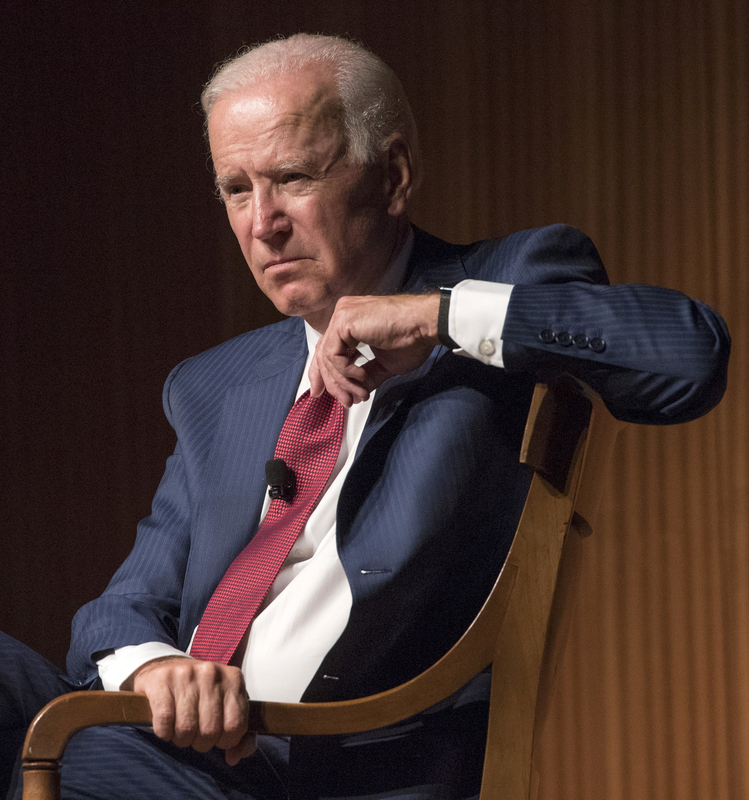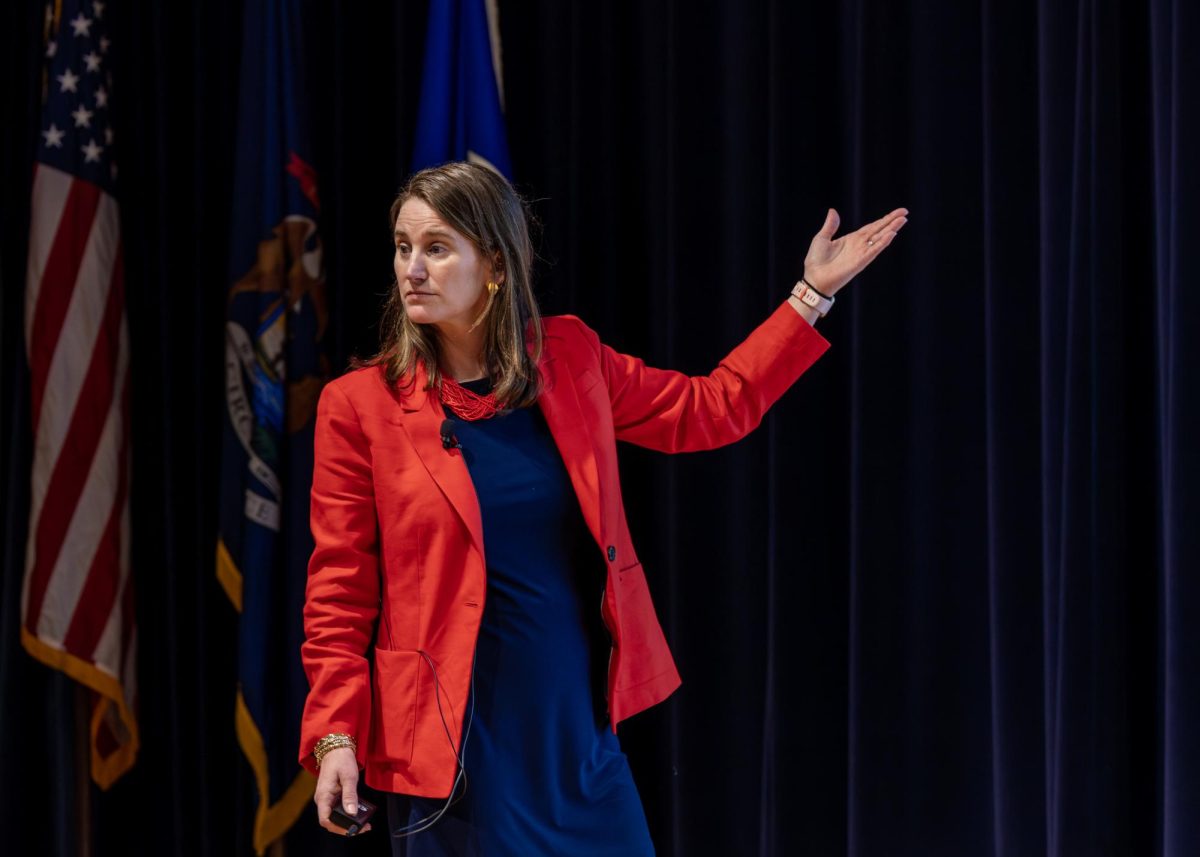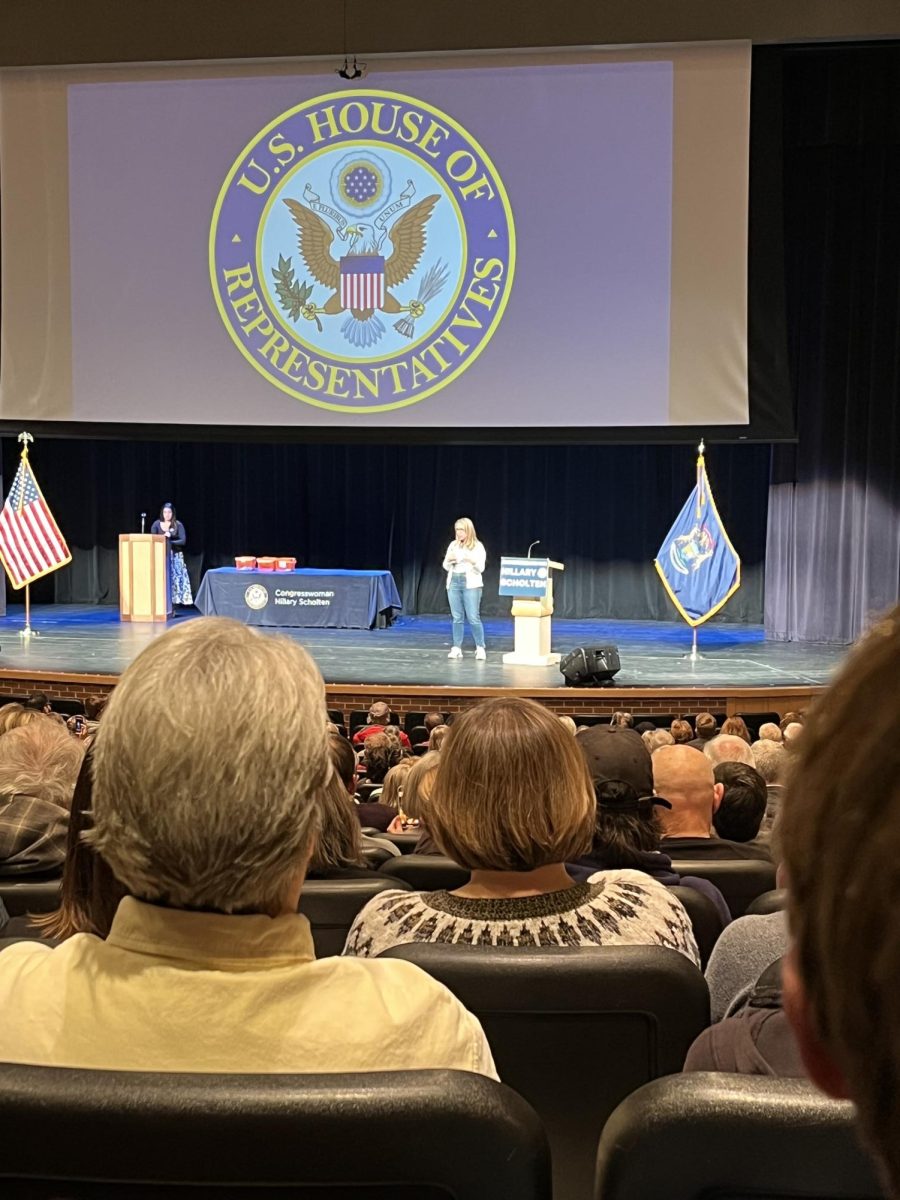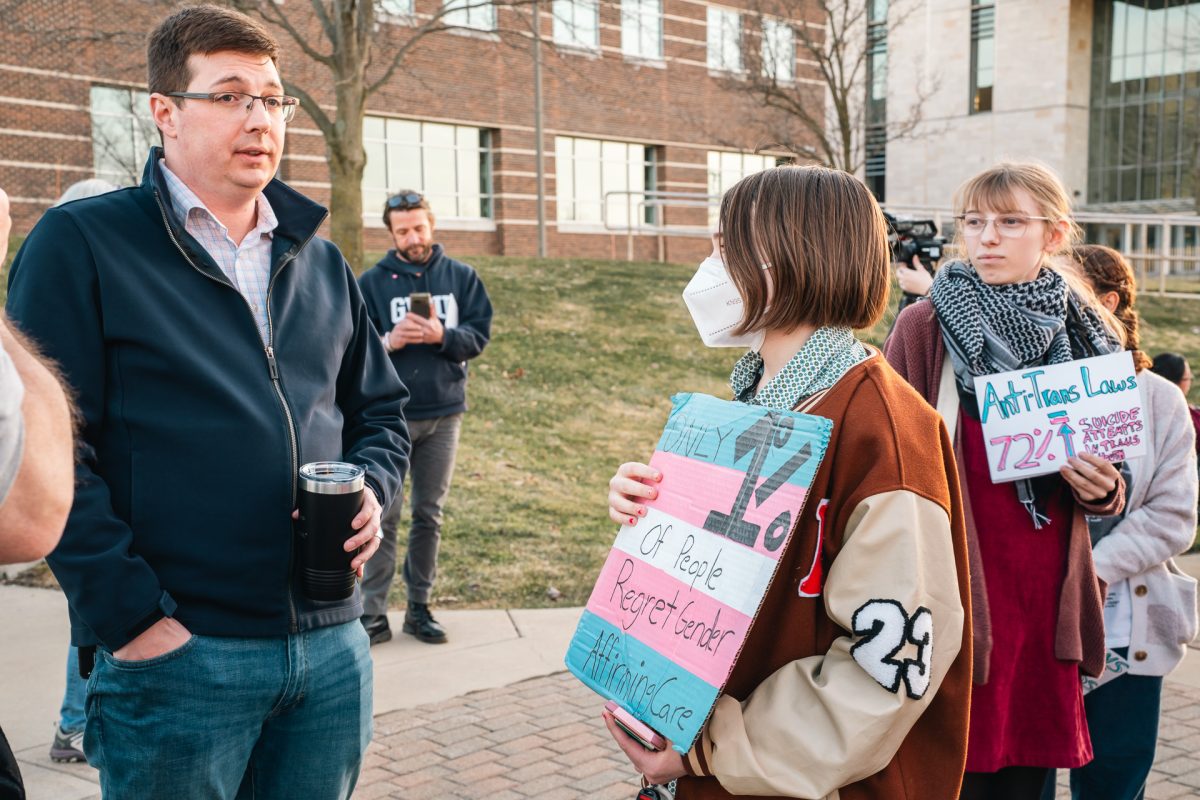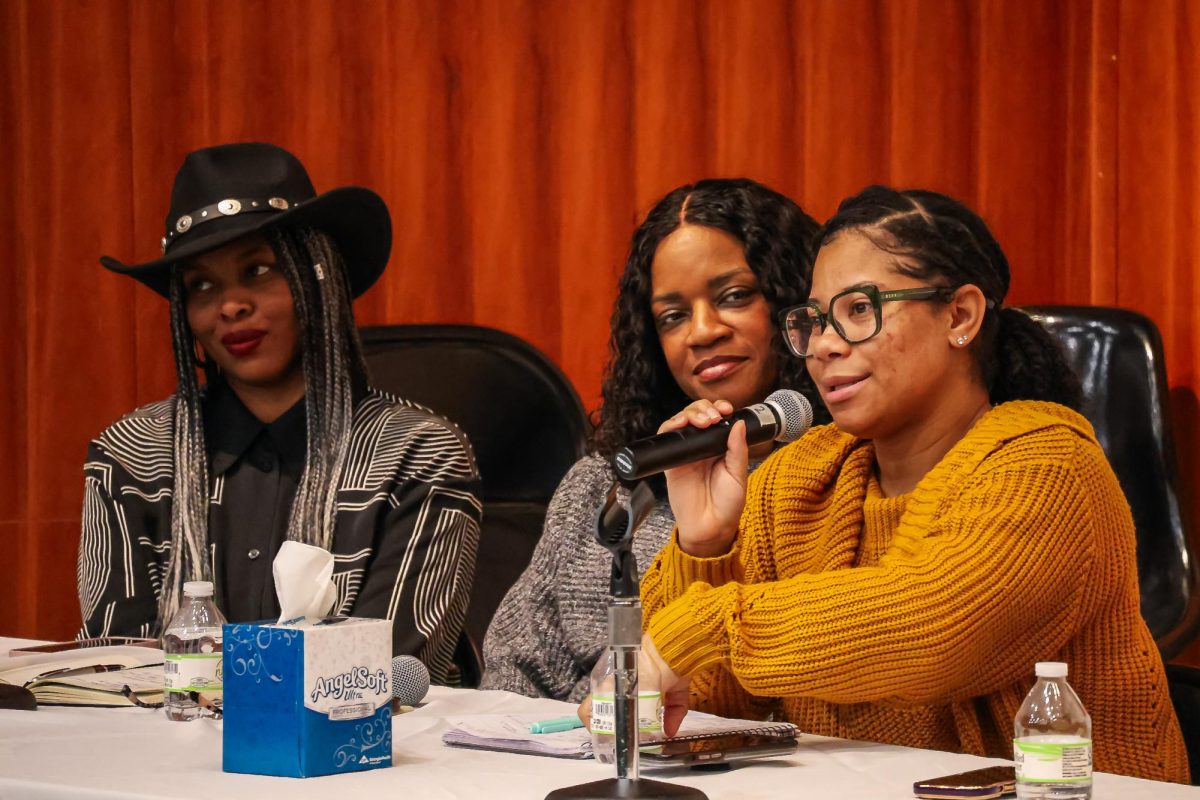Biden failed his promise to change Saudi-US relationship
LBJ Library photo by Jay Godwin
Courtesy / Jay Godwin, LBJ Library
Apr 5, 2021
From the ongoing war in Yemen to the airstrikes in Syria, the U.S. continues to wage a silent war against the Middle East. President Joe Biden had an opportunity to justify the United States’ complex relationship with Saudi Arabia this February, but instead chose to let back the curtain on why fixing it is more than he bargained for.
He instead chose to allow the Saudi Arabian Prince Mohammed bin Salman get away with approving the murder of Saudi journalist and American citizen Jamal Khashoggi. This came after the release of U.S. intel just over a month ago, in which there was evidence pointing to Salman as the one that orchestrated the assassination back in 2018.
Although this was often rumored and suggested around the time, this was the first time it was publicly proven to be true. This on its own is an immense violation of both human rights and the law, but considering the president’s promise to change the U.S.-Saudi relationship, it’s tasteless to not incriminate bin Salman.
It’s worth noting that Biden did place a visa ban on the prince, but sanctions have yet to be put in place beyond that. According to senior administration officials, the price of giving him proper consequences was too high, since the two countries are seen as key allies.
The depth of that alliance spans decades of trade focused on guns, destruction, and — you guessed it — oil. Former U.S. President Donald Trump blatantly admitted at a conference that Saudi Arabia essentially buys its protection from consequences to their actions. It begs the question: is it better to be honest about the evil you commit or to hide behind a shroud of diplomacy?
Biden recently doubled down on his decision not to incriminate in a press conference in which he claimed he didn’t hold the prince accountable because the U.S. never has. The idea is instead that he will speak with his father, King Salman of Saudi Arabia, in attempts to discuss the situation further.
This not only looks bad on President Biden, but for the United States as a whole since it has continued to stay in some sort of overseas conflict since at least 2003 across Afghanistan, Syria and Libya among others. With promises of peace in the Middle East, it shines a light on the United States’ long and dark history of giving Saudi Arabia a pass far beyond the assassination of Khashoggi in 2018.
The same thing happened less than a year ago with Russian President Vladimir Putin allegedly approving the poisoning of a reporter and political rival Alexei Navalny. Russia being another strategic ally of sorts, the people involved were all sanctioned and Putin never saw more than a slap on the wrists.
It can be hard to imagine why human life isn’t worth raising the price of gas, but perhaps there is more at stake. Perhaps the president is afraid of what Prince Salman will do if he is charged by the U.S. And just maybe, people in power will never truly see the ramifications of their actions if they’re worth enough. Time will tell, but I wouldn’t hold your breath.





